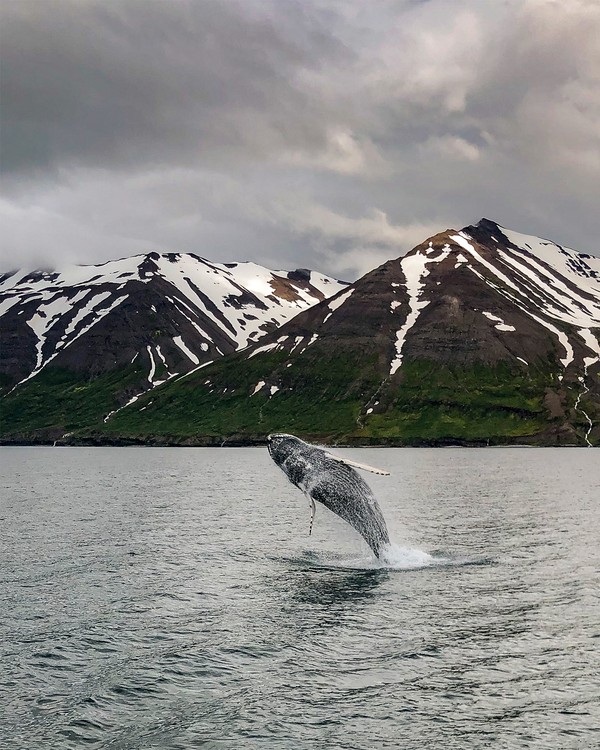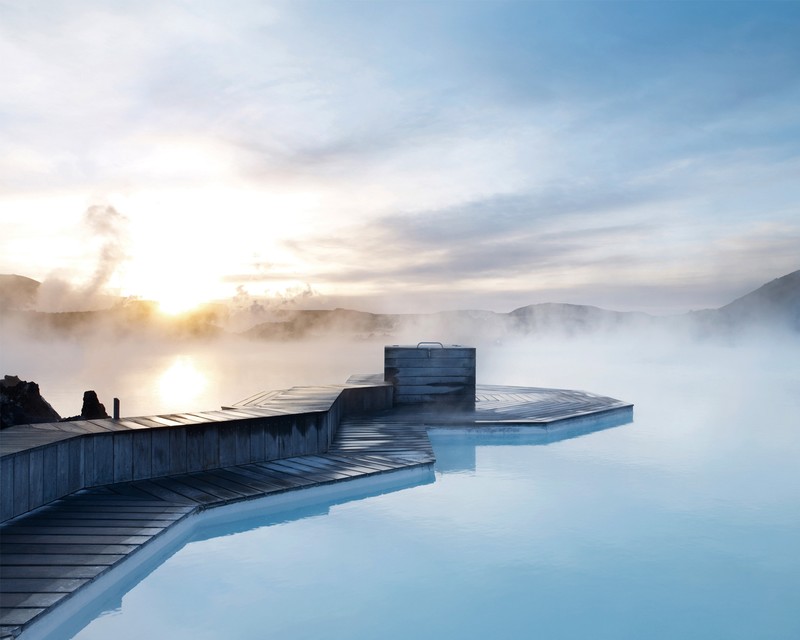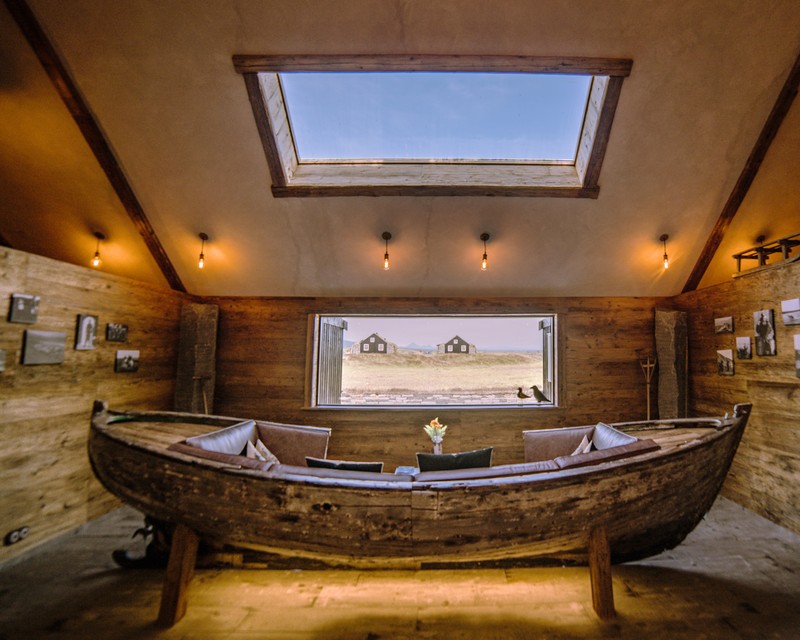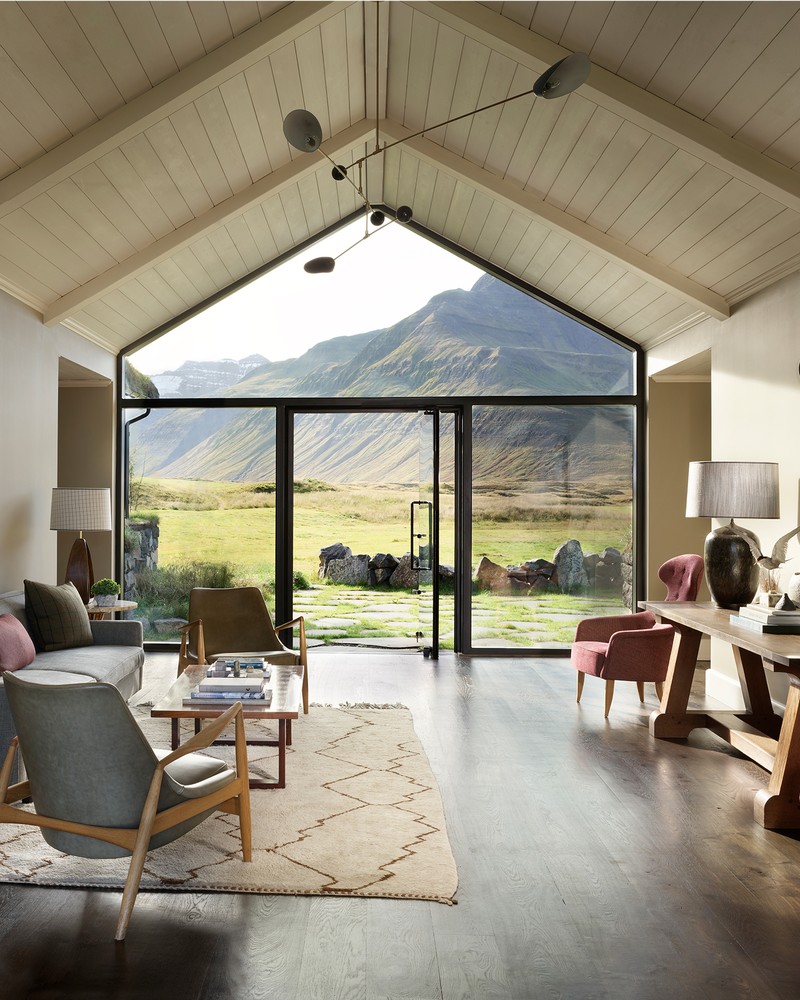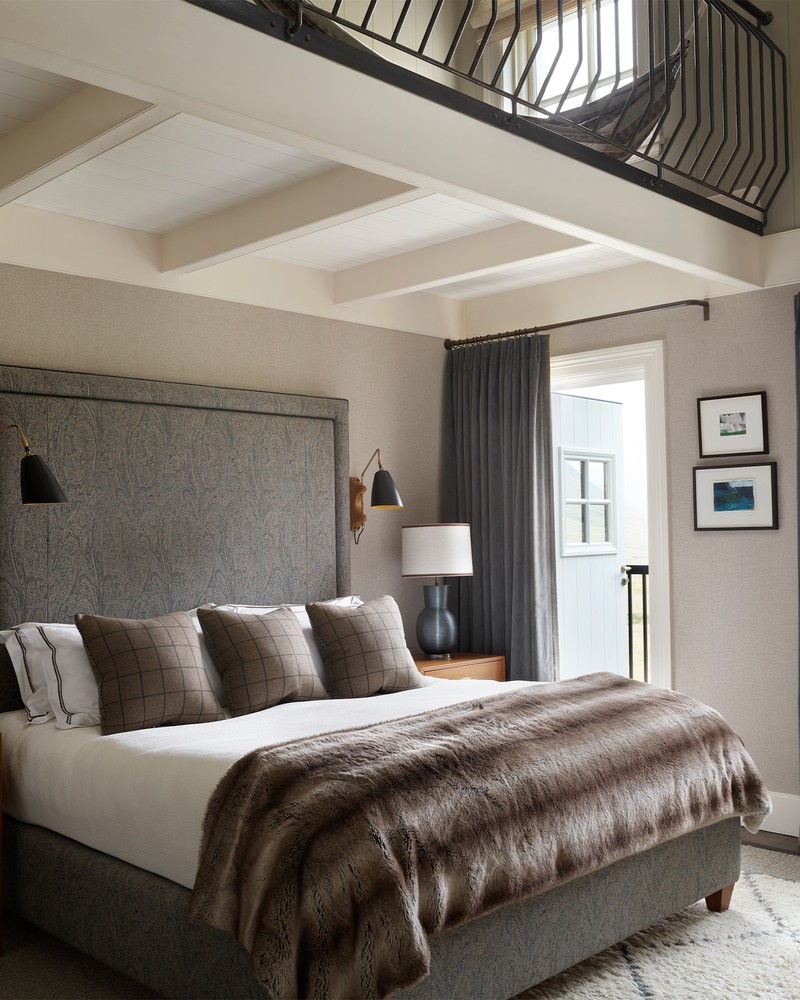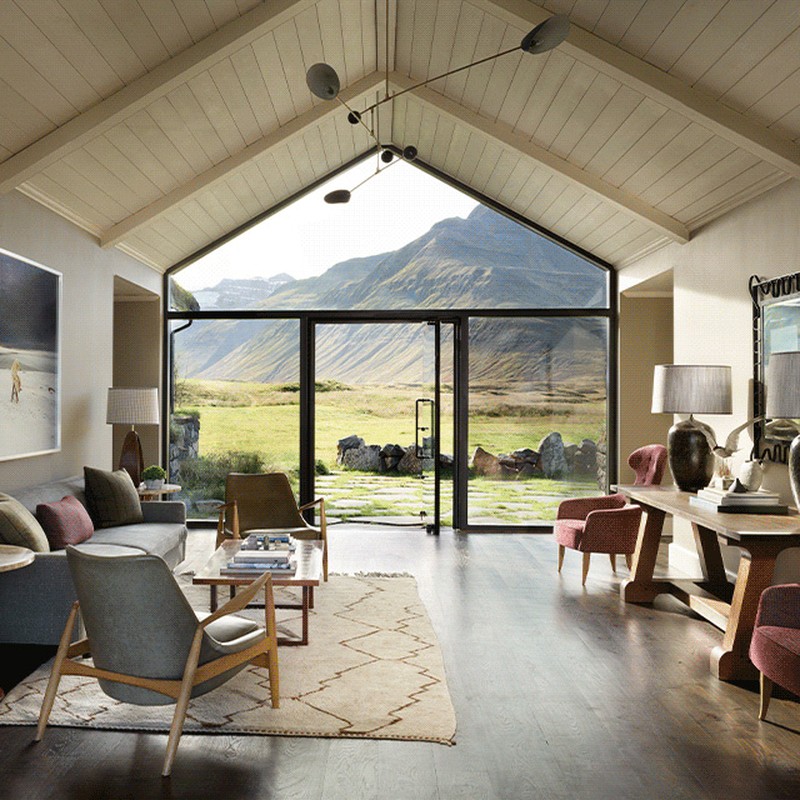
Why You Should Consider Iceland For A Summer Holiday
LOCATION
The second largest island in Europe after the UK, Iceland is home to an impressive landscape, from beautiful lakes in the north to rugged, dramatic scenery in the east. While the winter months are the ideal time for skiing, snowboarding and similar sports, the summer months are ideal for visiting the coast, bathing in natural springs, and hiking. From March to June, visitors can make the most of peak sunlight hours (there are up to 21 hours of daylight) including summer solstice in mid-June, when the midnight sun makes an appearance. With so many things to see and do year round, you’ll want at least a week or two to make the most of what’s on offer.
The country is split into seven regions:
Reykjavik: Iceland’s capital, the starting point of most trips, is not to be missed. Check into a guesthouse or hotel to experience a culture and history which dates back to Viking times.
The North: An area of true contrasts, the north brims with mile-long valleys, mountains, lava fields and a coastline of lush greenery. Vatnajökull national park is worth a visit, as is Ásbyrgi canyon and Dettifoss waterfall – the most powerful in Europe.
The East: This is where you’ll find Iceland’s largest forest, as well as plenty of mountains and streams. The fjords are a particular highlight in the summer, when visitors can explore the region by boat or kayak. It’s also worth visiting some of the many fishing villages here.
The Westfjords: Iceland’s north-west corner, known as the Westfjords, is a peaceful region of unspoilt wilderness. Largely uninhabited, its nature reserves teem with wildlife. Don’t miss Dynjandi – another spectacular waterfall.
The South: The southern coastline attracts hundreds of thousands of visitors each year and it’s easy to see why – count on natural wonders like waterfalls, glaciers and lagoons. There are also several museums dedicated to Icelandic heritage.
Reykjanes: This remote region is known for its geothermal activity. The dramatic landscape has craters, caves, hot springs and lava fields. Ideal for hiking, its rugged terrain has several waymarked routes to explore. Reykjanes Geopark is a must-see, as is the Viking World museum.
The West: There’s a bit of everything here, including volcanoes, waterfalls, wildlife and epic national parks. Don’t miss the mysterious volcano Snæfellsjökull which is the source of several ancient legends.
CULTURE
Much of Iceland’s allure lies in its landscape, but there are several cultural hotspots to explore too. Reykjavik has some of the best museums and restaurants. Its Sandholt Bakery makes delicious pastries, while Café Flora, in the Botanic Gardens, serves traditional Icelandic dishes made with local produce. The National Museum is a must-see, as is the Harpa arts centre. Visitors can learn about traditional Icelandic culture at Landnámssýningin, then watch a live music performance at Húrra in the old town. If passing through Laugavegur in the south, be sure to stop off at Hlemmur Mathöll food hall which is known for its smørrebrød (rye bread) and Asian street food.
WILDLIFE
Lovers of the outdoors flock to Iceland for the wildlife. Arctic foxes, Icelandic sheep and native puffins are often spotted by visitors, while several tour operators run sea safaris or hiking trips to see rare bird species. The summer months are the best time to spot humpbacks and blue whales in Skjálfandi Bay where boats head out hourly. You might even see white-beaked dolphins and minke whales. Up north, Iceland’s longest fjord, Eyjafjörður, is another spot for whales – the waters are much smoother, though sightings aren’t as frequent. For orcas (killer whales), head to Snæfellsnes peninsula. Puffins are also out in full force in summer – drive to the top of Látrabjarg peninsula in the Westfjords to spot them and razorbills. En route, you’re likely to see sheep and horses too. Reindeer can be spotted throughout the countryside and seals are often sighted by Reykjavik’s coastline.
WHERE TO STAY
Hotel Búðir, Snaefellsnes Peninsula
On the Snaefellsnes peninsula, Búðir is a lovely boutique hotel. Just two hours outside of Reykjavik, it is set on a beach on the edge of a lava field with views of Snaefellsnes glacier. The setting might feel remote, but the hotel has all the luxuries for a comfortable stay. There are 28 rooms to choose from – some of which have free-standing baths and beautiful views of the sea, the glacier or the mountains. The on-site restaurant is renowned for its seafood while the adjoining bar is a cosy setting for evening drinks. Come summer, guests can enjoy hiking, safaris and horse-riding trips.
From £162 per night
Visit HotelBudir.is
Torfhús Retreat, Selfoss
Torfhús is a luxury Viking retreat in the south of the country. Split into two houses, it’s exactly what you’d expect from an Icelandic retreat, with wooden floors, oak beams and animal hides in each room. Each house has a spacious living area, while a geothermal basalt stone hot pool sunken into the ground await outside. Meals are served in the Viking Langhus (a large dining room) where diners can expect seafood and traditional Icelandic fare. The hotel is close to Thingvellir national park – a Unesco World Heritage Site – and the spectacular Þjórsárdalur valley.
From £518 per night
Visit Torfhus.is
The Retreat At Blue Lagoon, Reykjanes
When picturing Iceland, most people think of the famous Blue Lagoon. Today, the Unesco Global Geopark features a subterranean spa and an ultra-luxury 62-suite hotel. Ideal for a special treat for a night or two, the retreat is the ultimate in relaxation. Rooms have a minimalist aesthetic designed to bring the dramatic terrain of Iceland indoors with floor-to-ceiling windows and clever lighting set to mimic the phases of the sun. Suites have private terraces and direct access to the lagoon. Day guests can also bathe in the warm waters and dine at Moss, the Michelin-starred restaurant.
From £1,044 per night
Visit BlueLagoon.com
Deplar Farm
In the northern town of Ólafsfjörður, Deplar Farm is a stunning retreat surrounded by mountains and green valleys. Once a working sheep farm, it now has everything you need for a luxury stay, including a geothermally heated outdoor pool and stylish, Nordic-inspired interiors. Guests can stargaze across the clear night sky and head into the Icelandic wilderness on safari. It’s a great place to spot the elusive Northern Lights from October to March, but the summer months are ideal for bathing in hot springs, cycling and hiking. Eleven Experience offers a range of outdoor activities – suitable for both adults and older children – including horse riding, whale watching, wildlife tours and helicopter adventures.
Rooms from £2,283 per night
Visit ElevenExperience.com
THE DETAILS
Flight Time: A direct flight from London takes around three hours.
When To Go: Iceland is a year-round destination. To see the Northern Lights and enjoy winter sports, October to March is the best time to visit. April to September is ideal for hiking, cycling and seeing the midnight sun.
Average Temperature: Temperatures remain low throughout the year. During the summer months, they tend to range between 10°C and 13°C.
Currency: Icelandic króna.
Time: GMT minus one hour.
*DISCLAIMER: Travel restrictions are changing daily, so please check the latest government advice before you book anything. Visit Gov.uk for more information.
DISCLAIMER: We endeavour to always credit the correct original source of every image we use. If you think a credit may be incorrect, please contact us at info@sheerluxe.com.
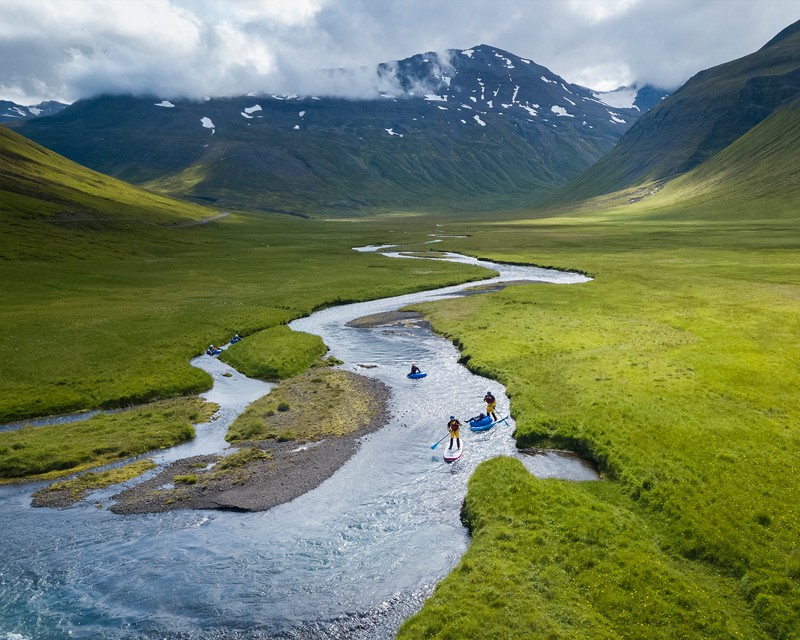
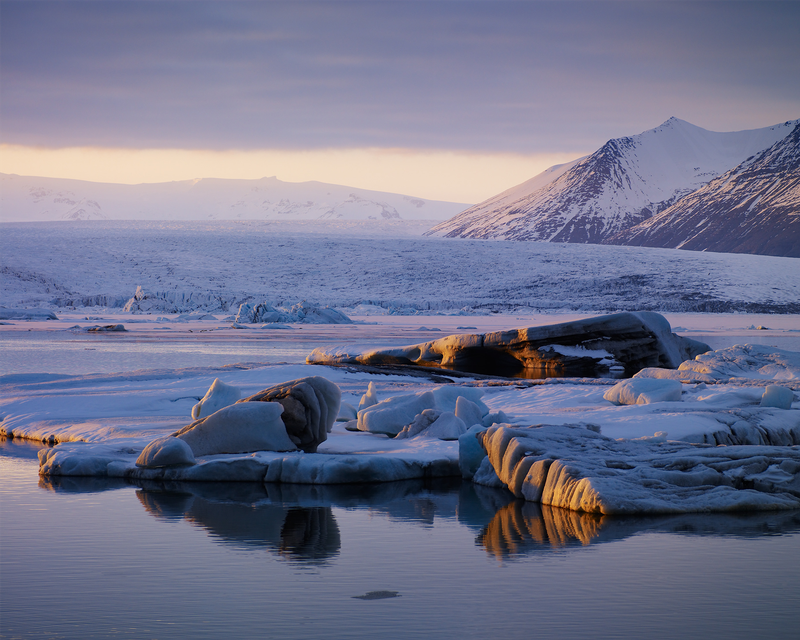
/https%3A%2F%2Fsw18.sheerluxe.com%2Fsites%2Fsheerluxe%2Ffiles%2Farticles%2F2021%2F06%2Ficelandcrediticelandis.png?itok=cDKQh8nr)
